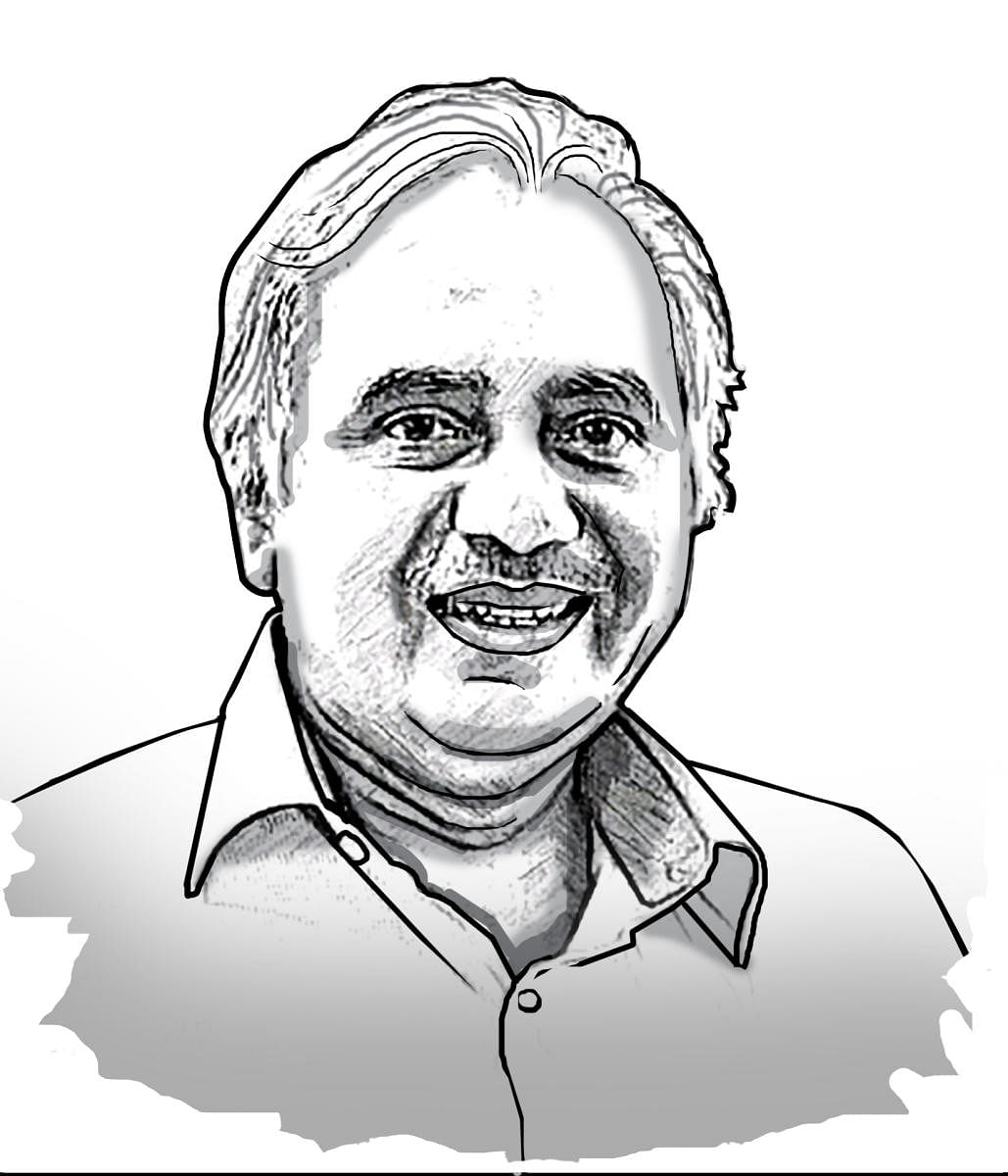A fire spreading towards us

The Russia-Ukraine and Israel-Hamas conflicts may well become passé as an unexpected conflict in India’s immediate neighbourhood rears its head, as the ripples of the Israel-Hamas conflict travel close to our western border. Iran’s surprise attack on targets inside Pakistan and Pakistan’s retaliatory strike inside Iran could herald the beginning of a long-drawn conflict. Both countries have assured each other of ceasefire and friendly cooperation, but the mistrust and mutual disgust are evident between the lines, in their missives as well as missiles.
Iran’s attack on the decade-old Sunni terror outfit Jaish al Adl’s (JAA) camps along the Balochistan-Iran border came alongside Tehran’s strikes on alleged sleeper cells of JAA in Iraq and Syria. These attacks and counterattacks reveal the complexities of the Israel-Hamas conflict. Shia Iran is actively supporting the Hamas, the Yemeni Houthis and the Hezbollah in Lebanon as part of its longstanding animosity toward the Jewish State.
The Sunni-Arab world, which wants the Jewish power to suffer, if not vanish into thin air, is nonetheless loathe to see Iran-supported Shia outfits get a upper hand in their fight against Israel. The US, whose Middle East policy seems to have gone haywire, is busy pounding Houthi strongholds in Yemen, but does not want Iran to become a part of the conflict directly, lest it spirals into an all-out war in the Middle East. The Arab states would like the Red Sea to be free of blockades so that oil and trade flows do not suffer.
All these outfits and the States supporting them are being drawn into the vortex of the Israel-Hamas conflict. Iran’s attack on Pakistan came a day after External Affairs Minister S Jaishankar had returned to Delhi after his two-day visit to Tehran. India has interests in Tehran and needs to fortify its strategic foothold there to counterbalance China’s forays into the Indian Ocean.
What began as an extension of the Israel-Hamas conflict seems to be turning out into a full-fledged conflict on its own in the Red Sea, with little fires starting up even further away, affecting a large segment of international trade and impacting both Western and Asian economies. As the flames of the conflict spread, it has now moved into India’s immediate neighbourhood. Indian exporters have raised concerns over escalating costs of transportation and inordinate delays, resulting in loss of business. India’s post-pandemic economic recovery could be affected.
India’s ‘neighbourhood first’ policy has to address issues of security on two fronts – the maritime and on the continental shelf. At a time when economic interdependence and supply chain mechanisms have become global, bringing together all forms of dispensations on one platform, a strong global institutional mechanism is not only desirable but rather inevitable. Conflicts are anathema to peace and progress. Conflicts no longer are restricted to the parties to it but have the tendency to engulf a larger area and a greater number of countries and to affect economies that are far away from the conflict zone. South Asia, which has its own set of problems, is no exception to this.
India has plenty of problems to deal with already in the neighbourhood. From engaging with the rebels in Myanmar to helping revive the debt-ridden Sri Lankan economy, from firming up its Look-East-Act-East policy, from dealing with a perennially problematic Pakistan to reaching out to landlocked Afghanistan through Chabahar in Iran, New Delhi needs to be immersed in policy, planning and execution.
There is a general agreement and consensus that India’s voice is heard the world over and New Delhi has emerged as an important partner for consultations on global issues that have far-reaching consequences in determining the contours of a changing world order, gravitating towards a multipolar realignment. In such a scenario, faced with tectonic shifts in geopolitics and geo-economics, the United Nations (UN) appears to be the only institution that can prevent conflicts from escalating but has nonetheless proven woefully incapable on this front.
Prime Minister Narendra Modi, whose global stature has risen considerably, should take up this issue with the UN and propose an urgent summit of world leaders to consider peace-building as the primary global objective this year, which incidentally will also witness elections in more than 50 countries around the world.
India has little choice other than to work for peace, in its neighbourhood and further off, but in the meanwhile has also to be alert to and prepare for conflicts that might land up at its doorstep.
Deccan Herald is on WhatsApp Channels| Join now for Breaking News & Editor's Picks